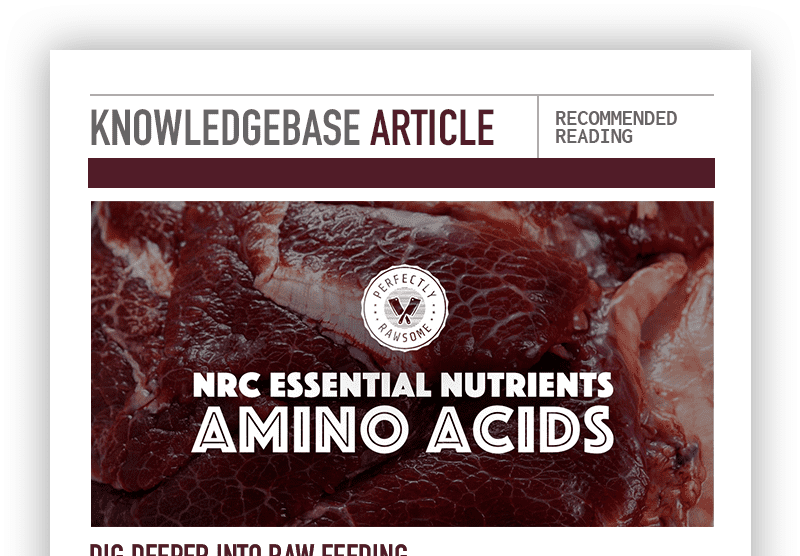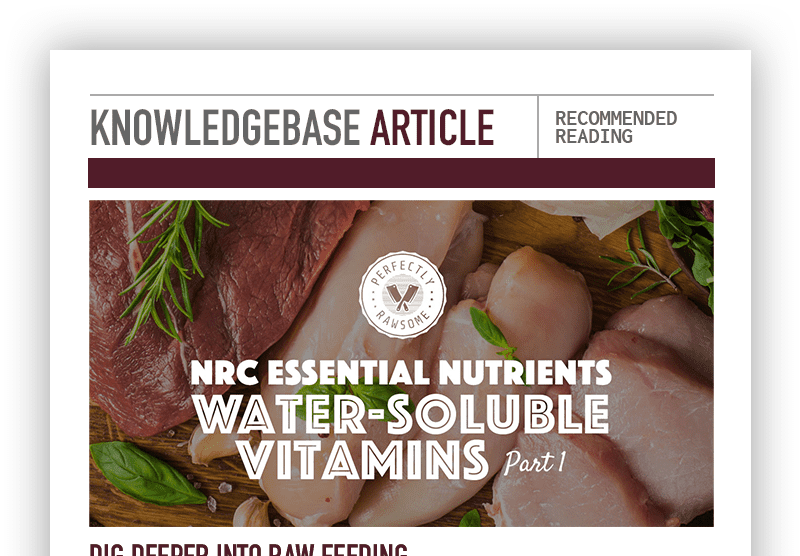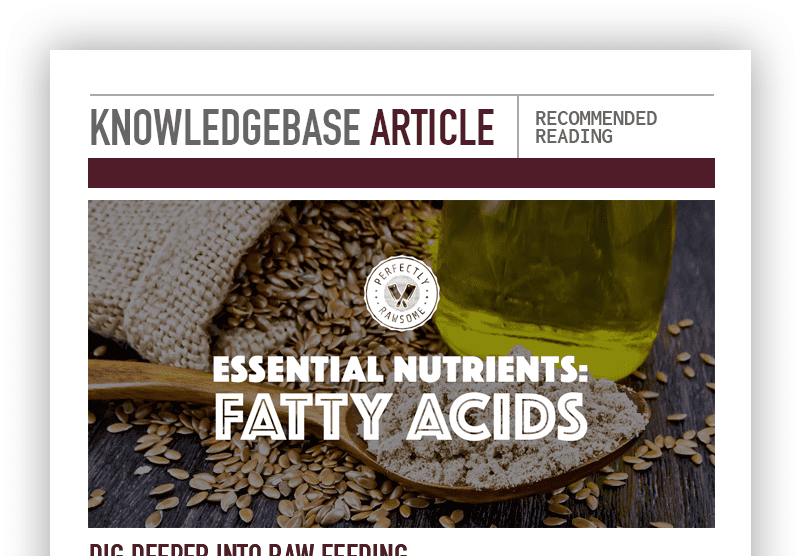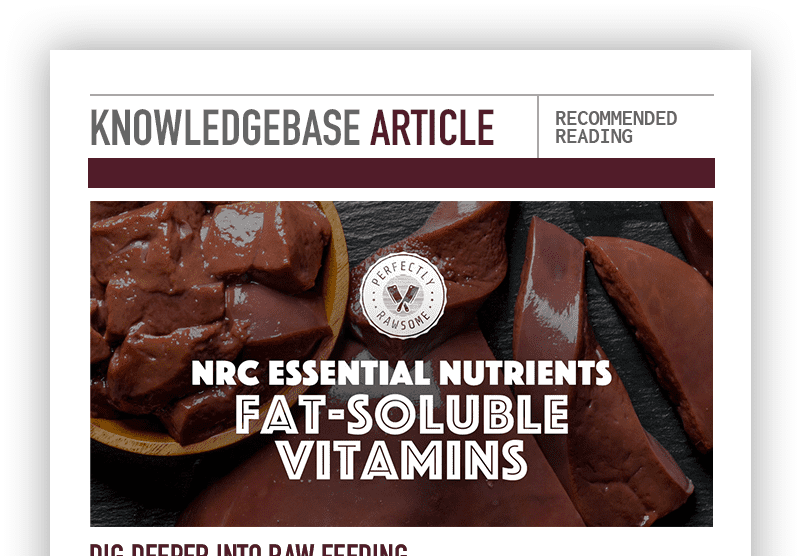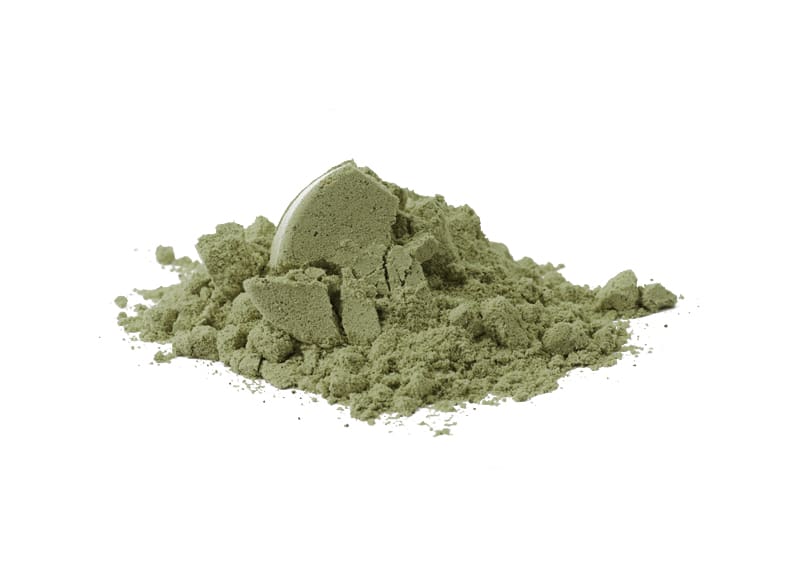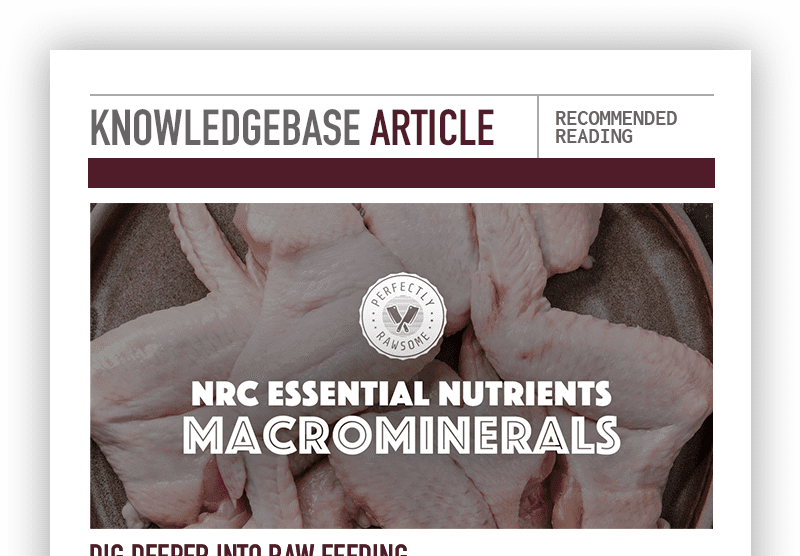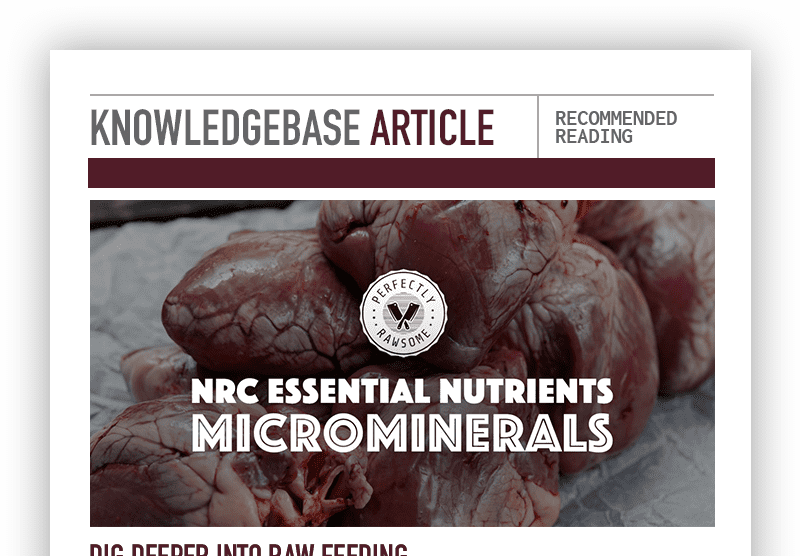Balance over time provides all essential nutrients over the course of multiple days versus daily. This method of feeding is only recommended to use with healthy adult dogs and cats – it is not appropriate for puppies and kittens. Diet balance for adult animals should be achieved within 7 days maximum.
Healthy adult dogs and cats can regulate certain nutrients over time. They do not need the daily balanced meals that developing puppies, kittens, and medically compromised pets require. However, it is important to know the variables of creating a successful balance over time diet without compromising essential nutrients required for optimal health.
Nutrients Required Daily
The requirements for calories, macronutrients, amino acids, and water soluble vitamins must be met daily.
Nutrients Balanced Over Time
The requirements for fatty acids, fat soluble vitamins, and minerals can be balanced over time.
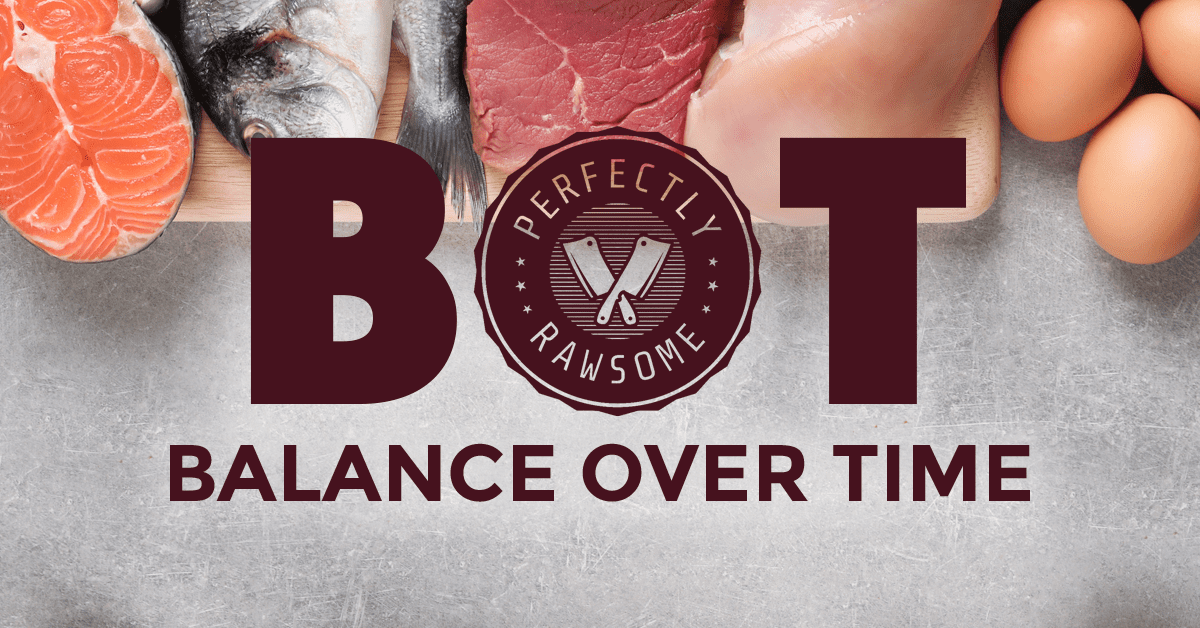
Nutrients Required Daily
There are certain components to nutrition that are required daily and cannot be balanced over time. These nutrients are needed daily because the body is unable to store the excess for future use. This includes calories, macronutrients, amino acids, and water soluble vitamins.
Calories
Dogs and cats have a calorie requirement that must be fulfilled on a daily basis to ensure the body is provided sufficient amounts of energy to sustain healthy biological function, homeostasis, and physical activity. If calories are not provided in sufficient quantities the pet will experience unwanted weight loss. Additionally, unwanted weight gain can occur if calories are overfed.
A calorie is a unit of energy found in food and the total amount of calories within different food ingredients will vary. The first step to providing a balance over time diet is to ensure that the daily meal(s) fulfill the daily calorie requirements.
Macronutrients
Moisture, protein, fat, and carbohydrates are the main macronutrients found within food. Each macronutrient has a unique role in and is important to a well balanced diet. The macronutrients below are based on an As Fed Basis:
Moisture
Moisture is the most important nutrient for all species. All fresh food diets include a high moisture content because the food is not extruded with high heat. Raw diets average 70-75% moisture content and cooked diets average 60-65% moisture.
Protein
Dogs and cats require diets with high quality protein. Raw diets average 15-20% protein and cooked diets average 20-25% protein on an As Fed Basis.
Fat
The primary and most efficient energy source for dogs and cats is fat. The amount of fat in fresh food diets varies greatly depending on the ingredients fed. However, it is important to feed the appropriate amount of fat based on the pet’s activity level and individual health needs.
Carbohydrates
Carbohydrates are an additional energy source that can be used in canine diets. The amount of carbohydrates in fresh food diets varies greatly depending on the ingredients fed. However, it is important to include the appropriate amount of carbohydrates based on the amount of fat included in the diet.
All home prepared diets need to provide a main source of energy – fat or carbohydrates. Low fat diets warrant the addition of carbohydrates to supply energy in the diet. Low carbohydrate diets warrant higher fat to supply energy. Diets cannot rely on protein alone without any fat or carbohydrates.
A diet that achieves balance over time should maintain consistent macronutrients on a daily basis. Fluctuations of macronutrients can result in unwanted weight loss or weight gain.
On average, pets who have low activity levels maintain ideal weight on diets with moderate to low amounts of fat. Whereas dogs and cats who are highly active maintain ideal weight on diets with higher amounts of fat. Additionally, individual needs and medical conditions will also dictate the type of macronutrients that are best suited for the pet.
Amino Acids
Amino acids are the building blocks of proteins which help provide the structural elements of cells that bind together into tissues. Diets deficient in amino acids have tremendous negative implications from soft tissue injuries to organ failure.
Arginine
Histidine
Isoleucine
Leucine
Lysine
Methionine
Cystine
Phenylalanine
Taurine*
Threonine
Tryptophan
Valine
Dogs and cats have their own recommended allowances for essential amino acids because they cannot synthesize the amino acids in sufficient quantities to create, repair, and maintain healthy biological and physical function. Therefore, balance over time diets must provide all essential amino acids required for optimal health on a daily basis.
Many ingredients in home prepared diets provide protein and amino acids. These ingredients include muscle meat, raw meaty bones, secreting organs, seafood, and eggs as the main sources of amino acids.
Muscle Meat
The most common proteins found in supermarkets are chicken, pork, and beef. However there are many other muscle meat proteins that can be used in a raw diet.
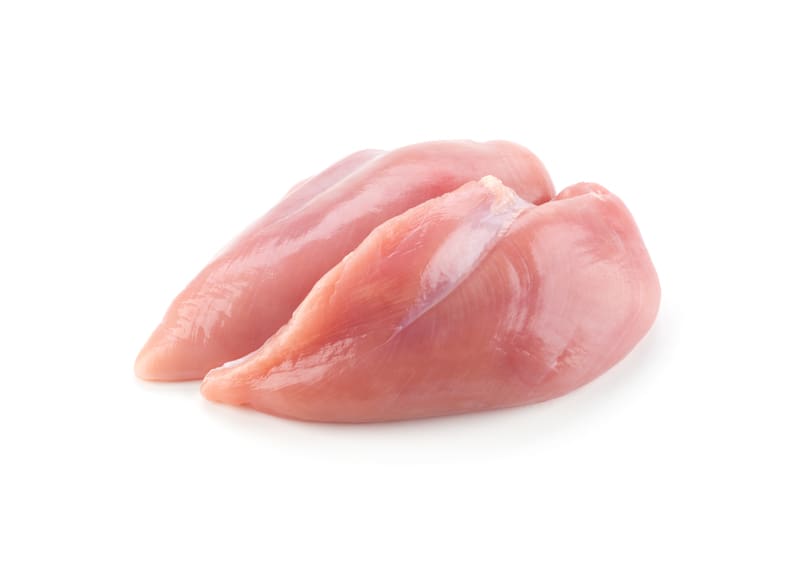
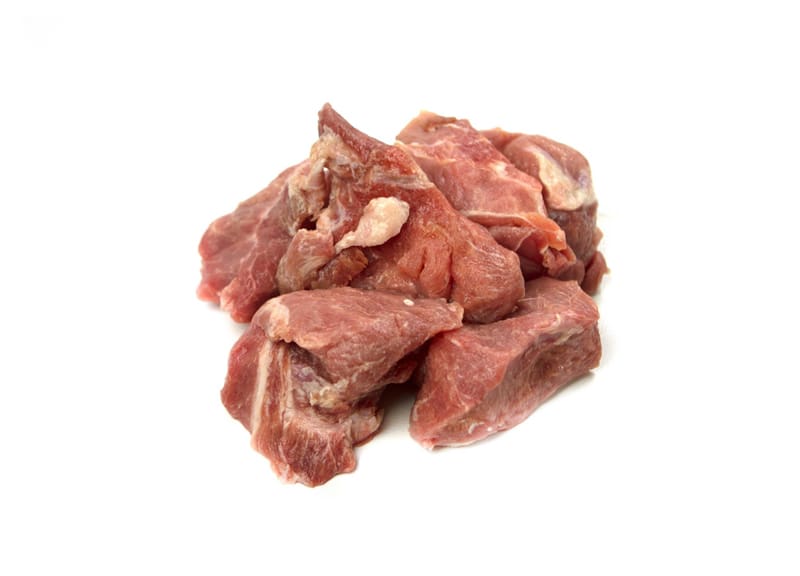
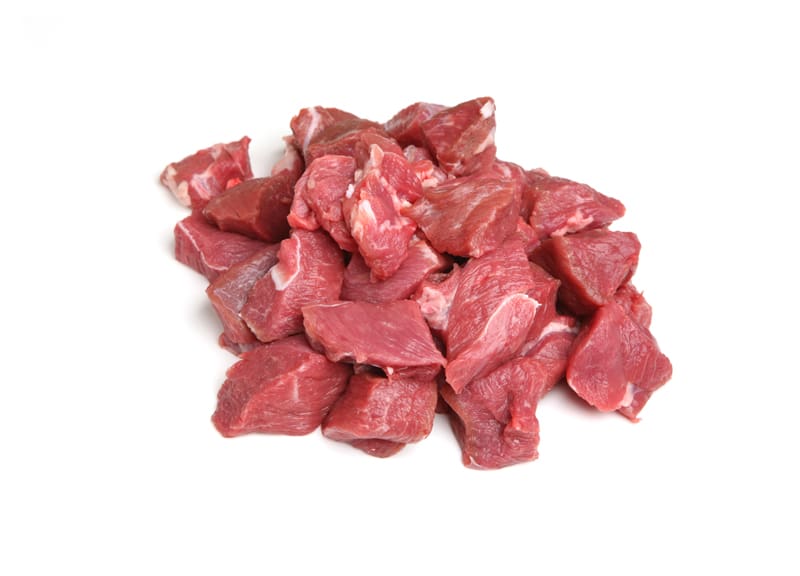
Muscular Organs
Green Tripe, heart, gizzards, and lungs are classified as muscular organs and are fed in the muscle meat category in ratio based diets.
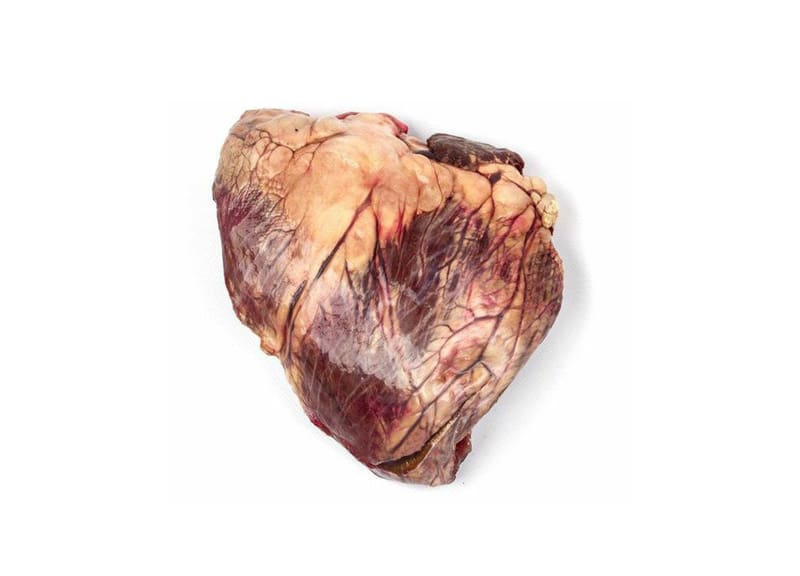
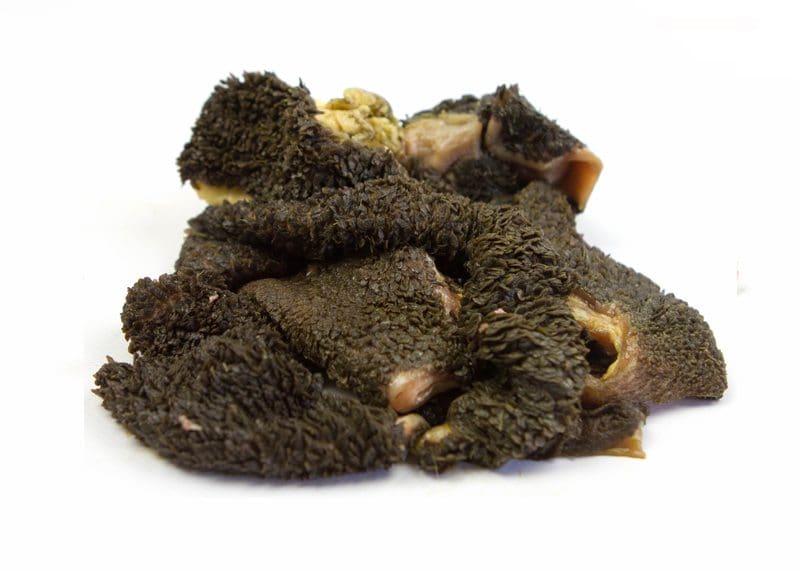
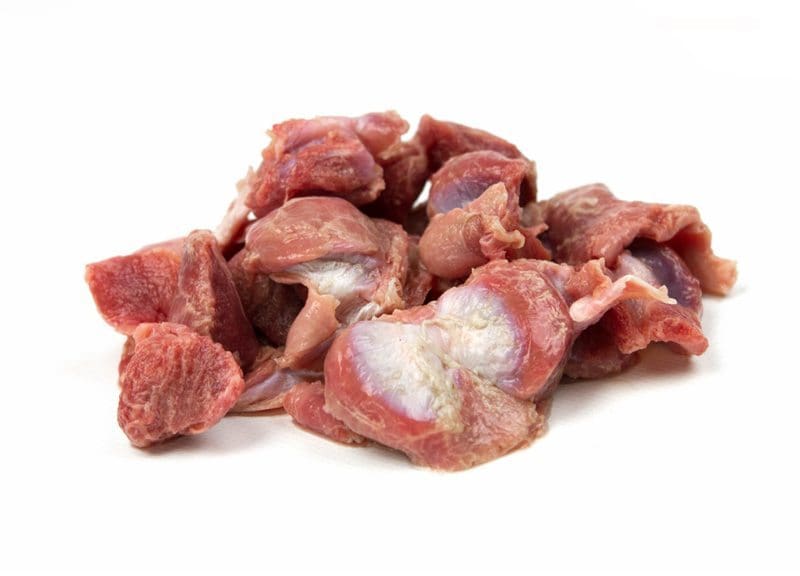
Raw Meaty Bones
Chicken, turkey, duck, goose, quail, cornish hen, and rabbit are protein sources that provide raw meaty bones suitable for home prepared diets.
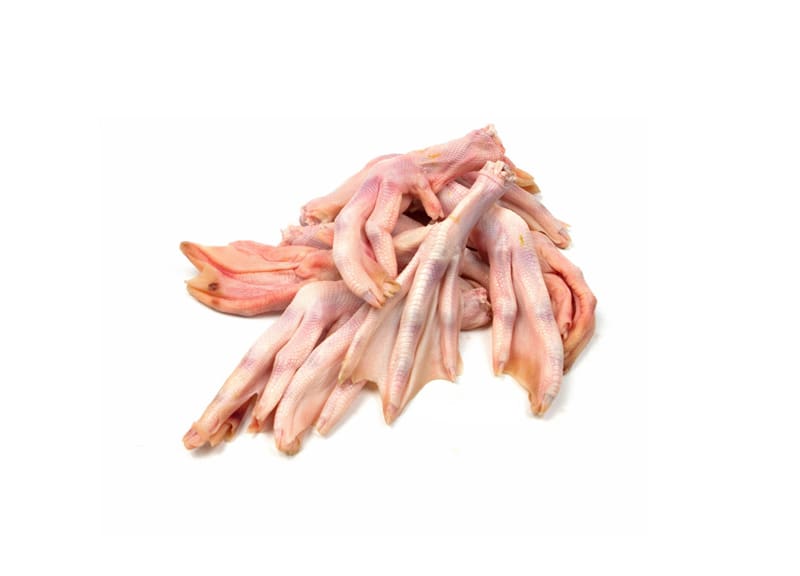
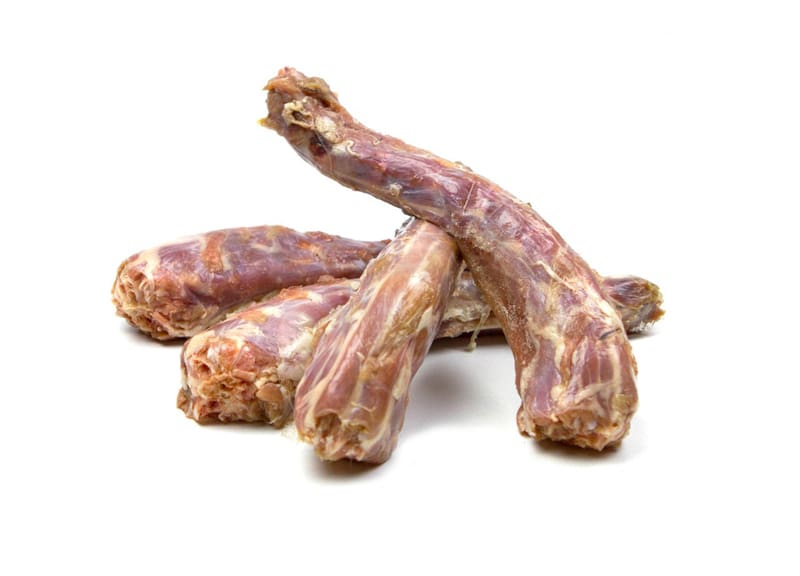

Secreting Organs: Liver & Other Organs
Secreting organs are an important component of a home prepared diet which include liver, kidney, spleen, pancreas, thymus, brain, testicles, and ovaries.
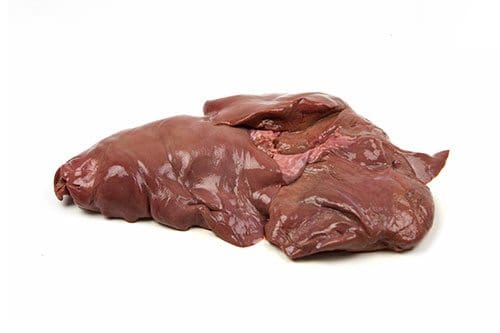

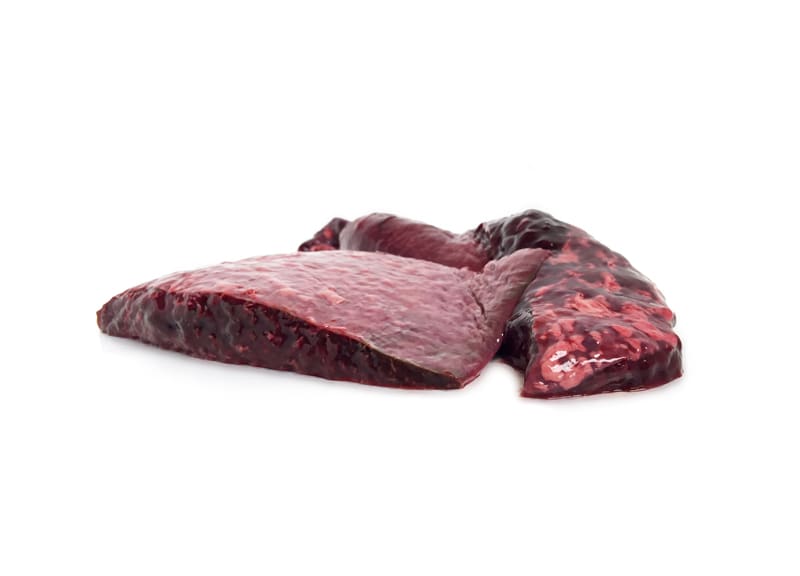
Seafood: Fatty Fish & Shellfish
Fatty fish include salmon, mackerel, sardines and herring whereas shellfish include oysters and mussels.
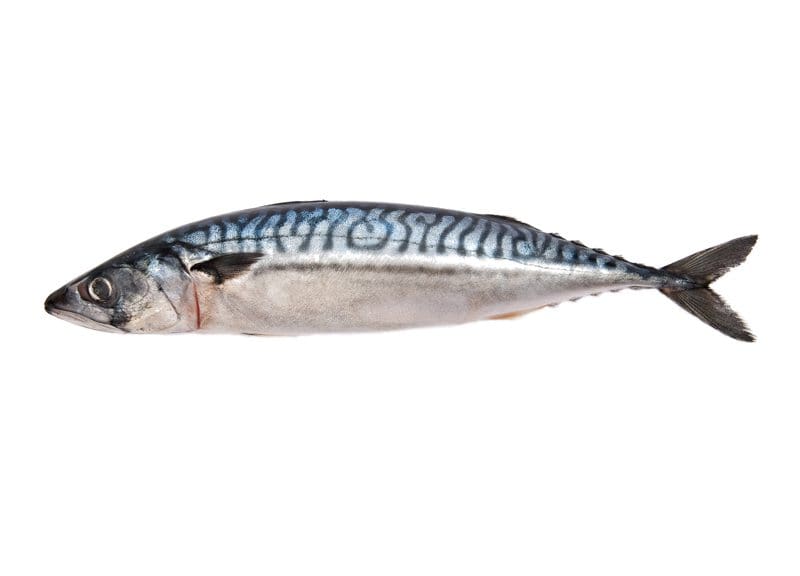

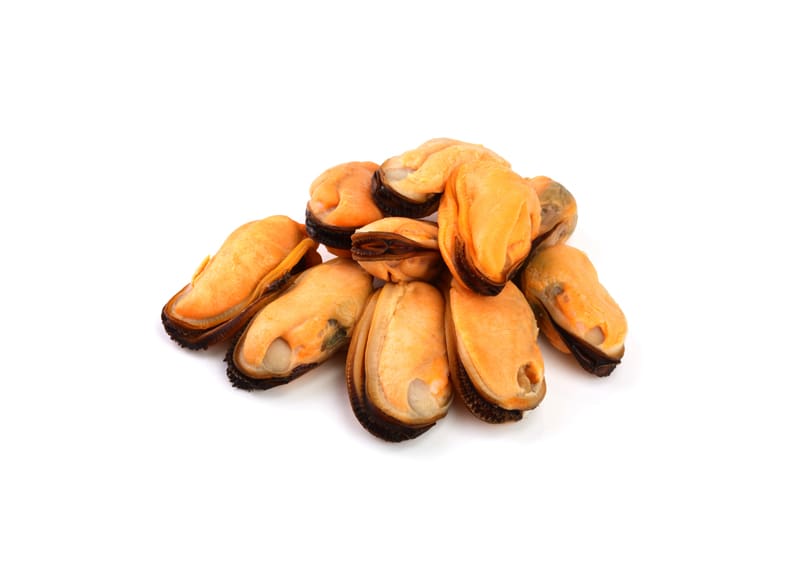
Eggs
Quail, chicken, duck, turkey, and goose are all egg options that can be used in home prepared diets. However chicken eggs are the most common option.

Water Soluble Vitamins
B vitamins are water soluble vitamins that play a major role in multiple immune functions, metabolic functions, and protein synthesis. Dogs and cats cannot produce b vitamins and their bodies are unable to store the excess in fat or soft tissues. Any excess of water soluble vitamins is excreted through the kidneys and in the urine. Therefore, all water soluble vitamins must be replenished daily in the diet and cannot be balanced over time.
Thiamine (B1)
Riboflavin (B2)
Niacin (B3)
Pantothenic Acid (B5)
Pyridoxine, Pyridoxamine, & Pyridoxal (B6)
Biotin (B7)*
Folate & Folic Acid (B9)
Cobalamin (B12)
Choline
B vitamins are found in many ingredients, particularly in all muscle meats and organs. However, the amount of B vitamins will vary and some ingredients have higher concentrations of B vitamins than others:
Muscular & Secreting Organs
Heart, liver, and kidney provide high concentrations of B vitamins in comparison to other raw ingredients.
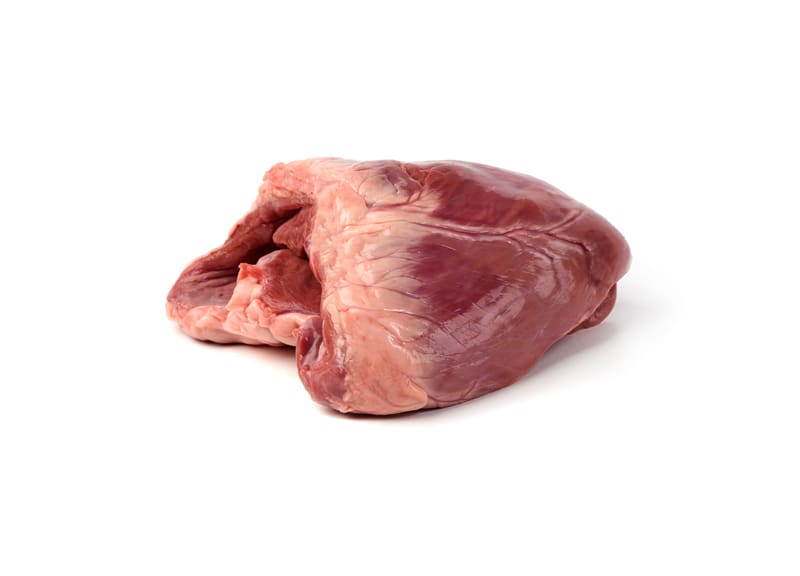
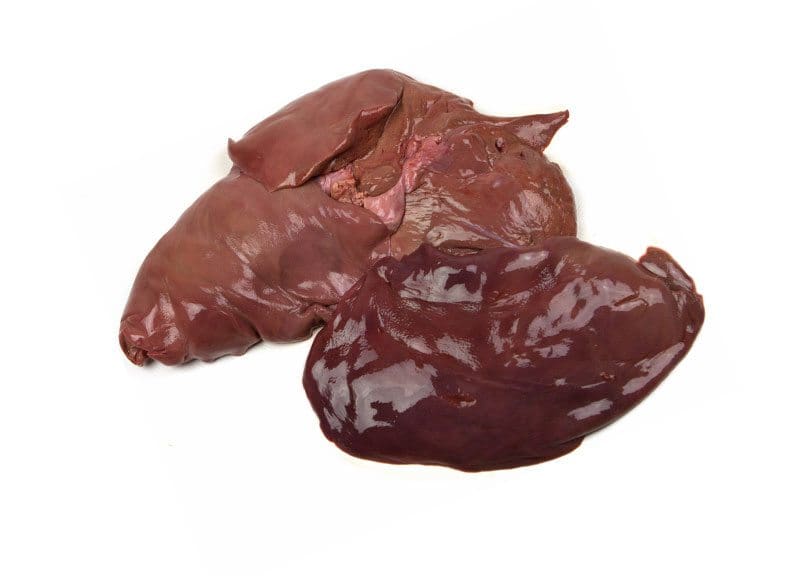
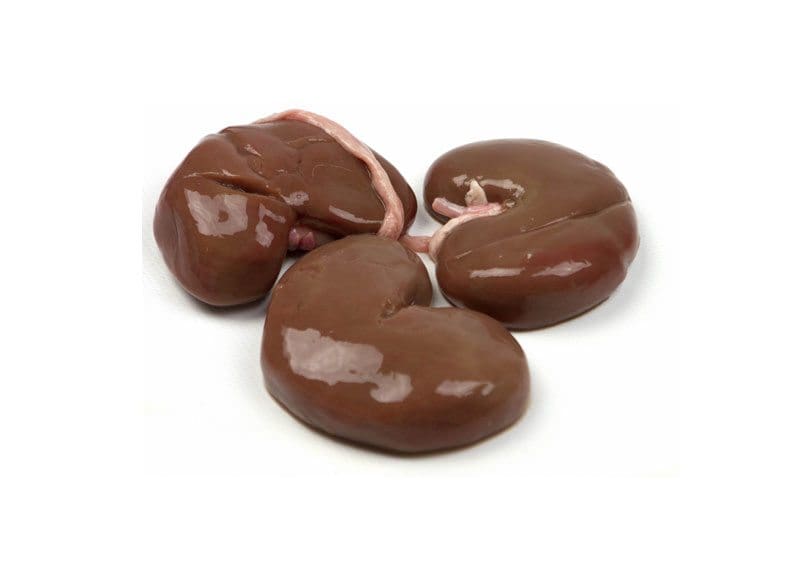
Muscle Meat
All muscle meat provide B vitamins however some proteins have more than others. Pork, lamb, and chicken have the highest B vitamin concentrations among the muscle meat options.
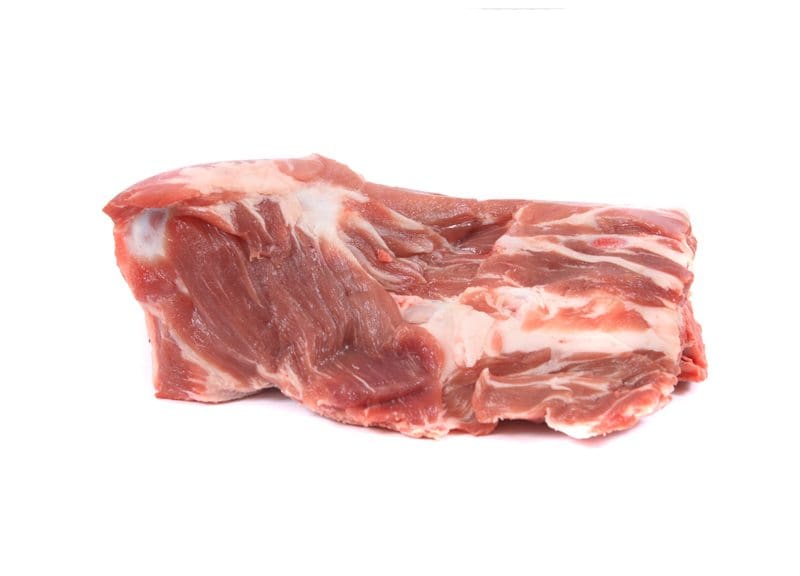
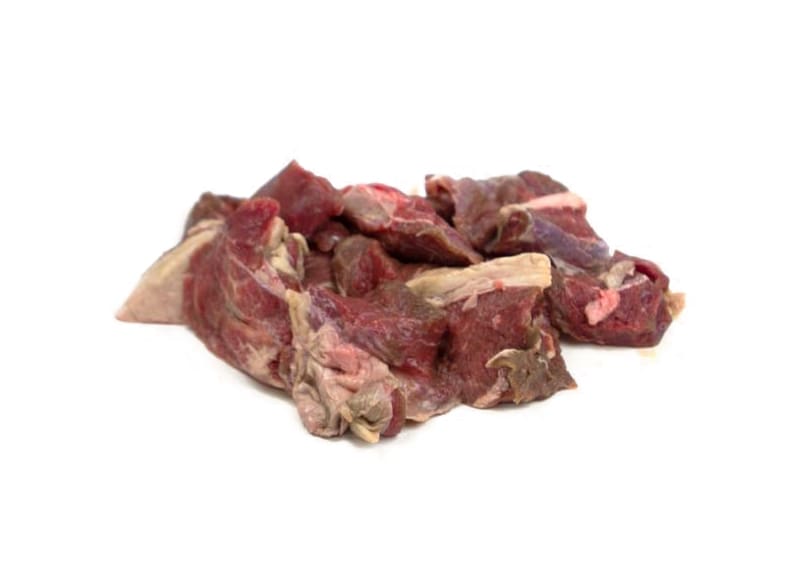
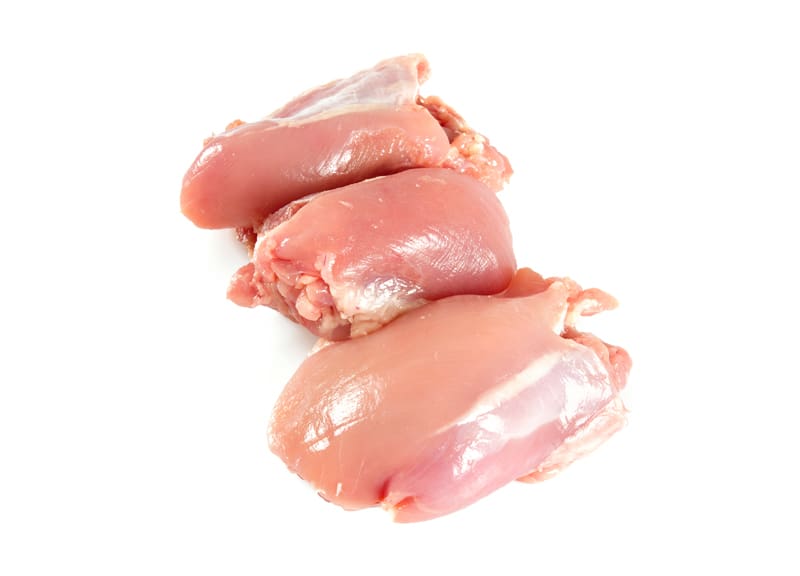
Nutritional Yeast
Whole foods outside of animal based ingredients can contribute B vitamins to home prepared diets. Nutritional yeast has the highest B vitamin concentrations per gram in comparison to all other ingredients.
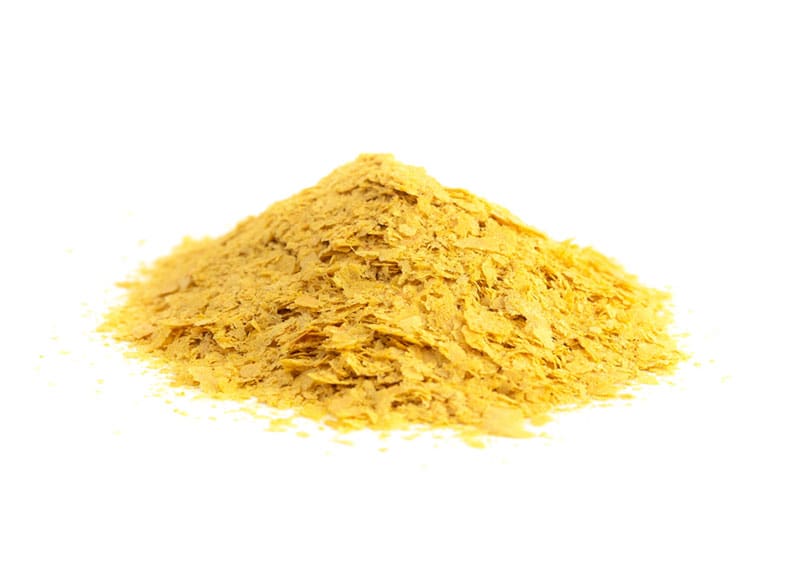
Nutrients Balanced Over Time
There are certain components to nutrition that can be balanced over time because the body has the ability to store these nutrients when fed in excess. Specific ingredients in home prepared diets can be fed less frequently and in larger quantities to adult dogs and cats. Developing puppies and kittens should receive a daily balanced diet to provide all essential nutrients required for optimal development. Once development is completed, a balance over time diet can be adopted for the adult animal.
A balance over time diet can aim to provide these essential nutrients three times a week, two times a week, or one time a week. However, it is important to know that the quantity of the nutrient needs to account for the days missed. Therefore, the recommended amount must be doubled when feeding three times a week, tripled when feeding two times a week, or the seven day total when feeding once a week.
Fatty Acids
Essential fatty acids are required for optimal health but their recommended allowances can be achieved over time. Fats are needed for nutrient absorption, nutrient transport, and multiple biological functions. The body has the ability to store excess fatty acids for future use.
Linoleic Acid (LA)
Alpha-linoleic Acid (ALA)
Arachidonic Acid (AA)
Eicosapentaenoic Acid (EPA)
Docosahexaenoic (DHA)
Fatty acids are found in unique ingredients within fresh food diets. These fatty acids can be found in saturated fats, seafood, and plant based fats.
Animal Based Fatty Acids
Seafood is the main contributor of EPA and DHA omega 3 fatty acids. Ingredient options include fatty fish and shellfish.
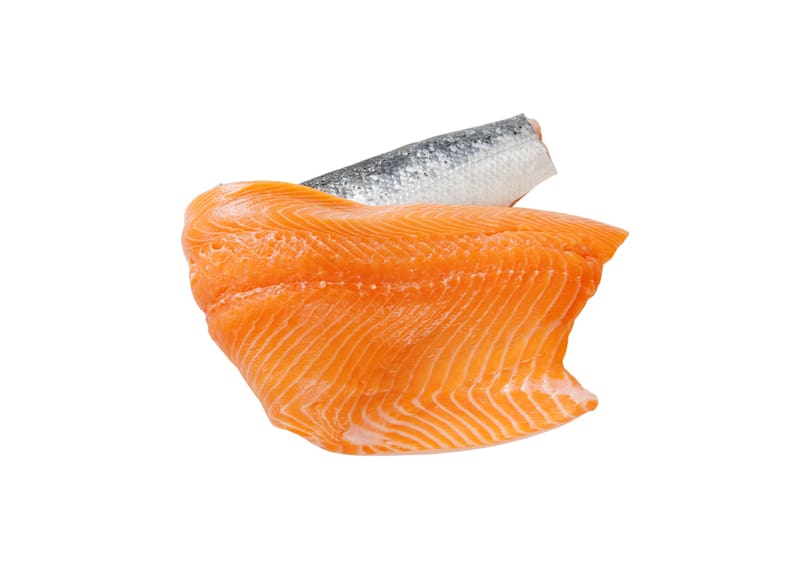


Plant Based Fatty Acids
Nuts and seeds provide essential fatty acids such as LA and ALA to home prepared diets. Ingredient options include almonds, sunflower, hemp, flax, and chia. Many of these ingredients have oil based alternatives in addition to the whole food.

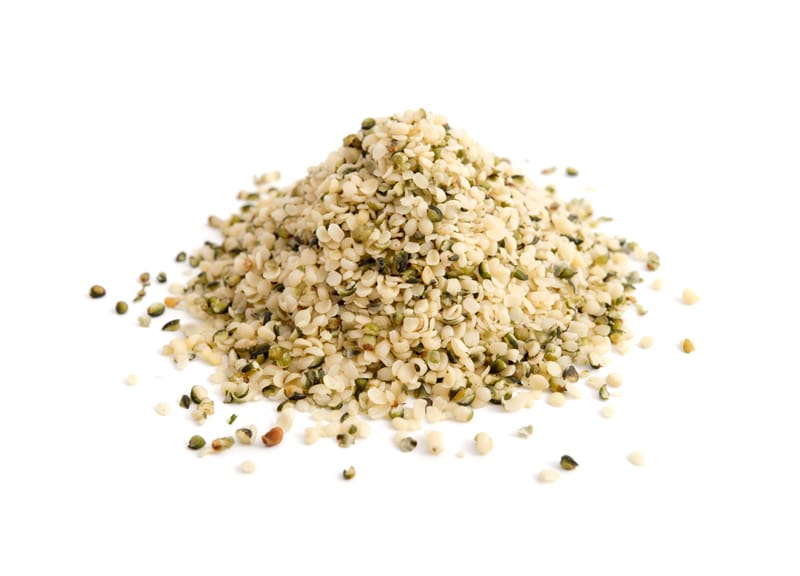
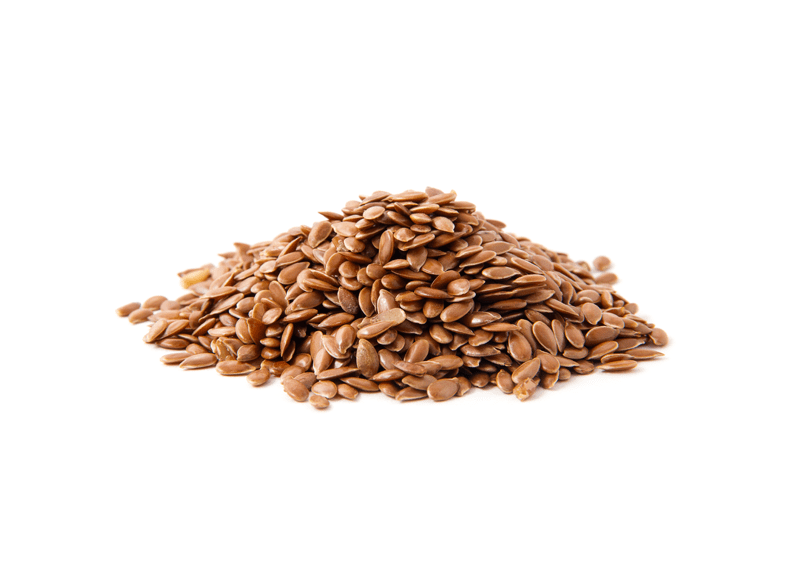
Fat Soluble Vitamins
Fat-soluble vitamins are necessary for immune function and are stored in body tissues when the diet provides excess. Each fat soluble vitamin has their own unique biological function and are required to create a balanced diet.
Vitamin A
Vitamin D
Vitamin E
Ingredients that provide concentrated amounts of fat soluble vitamins are limited to a few options.
Fatty Fish
Salmon, mackerel, sardines, and herring are the main ingredient that provides concentrated sources of vitamin D for home prepared diets.


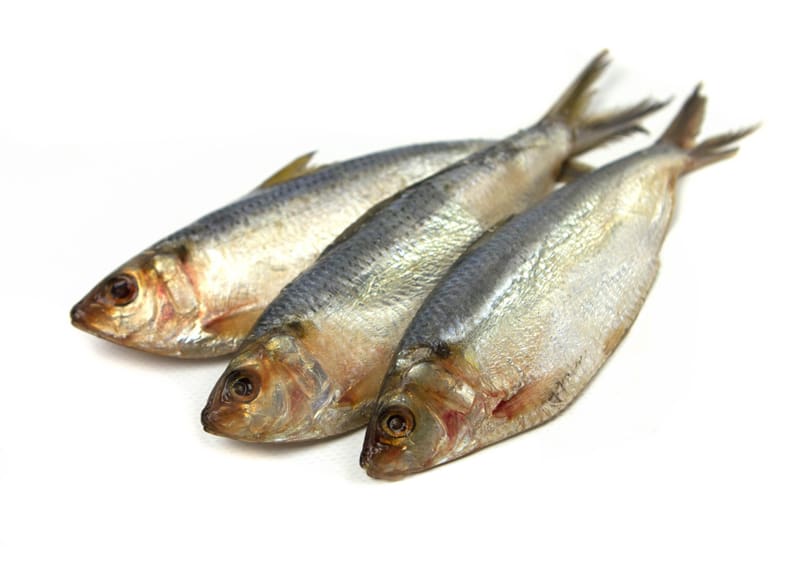
Secreting Organs: Liver & Kidney
Liver is the main ingredient that provides the highest concentration of vitamin A. However, kidney provides vitamin A in moderate amounts. Both ingredients provide small amounts of vitamin D.
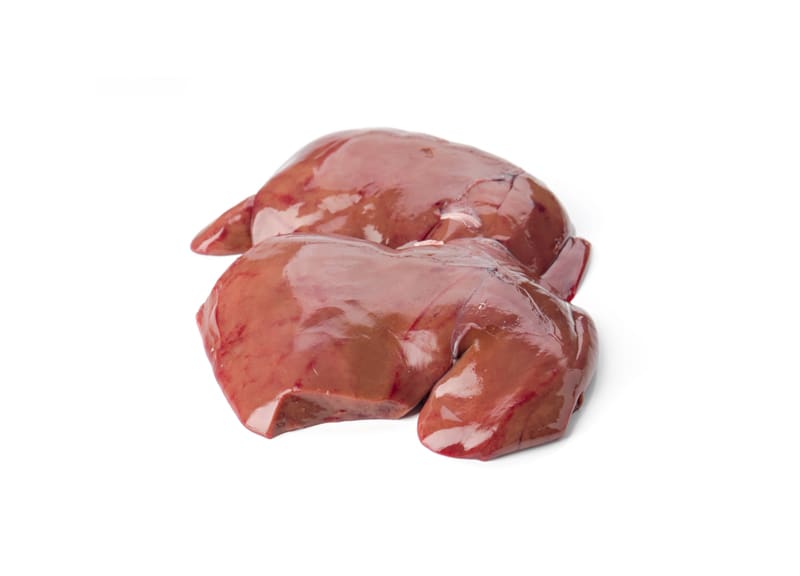

Eggs
Chicken and duck eggs provide moderate levels of vitamin D but may meet recommended allowances for small dogs and cats.

Vitamin E Supplementation
All home prepared diets do not provide sufficient quantities of vitamin E and supplementation is recommended to fulfill these needs. Recommended feeding dosage is 1-2IU per 1lb of body weight (2-4IU per 1kg of body weight).
Minerals
Minerals are another nutrient necessary for immune and biological functions. All macrominerals and microminerals are stored in the body tissues when the diet provides excess.
Macro Minerals
Calcium
Phosphorus
Magnesium
Potassium
Sodium
Chloride
Micro Minerals
Iron
Copper
Zinc
Manganese
Selenium
Iodine
All of the minerals can be balanced over multiple days to a week, with the exception of one mineral. Zinc has a shorter lifespan than other minerals because the body only has a limited ability to store it. Zinc should be balanced over 2-3 days versus a full week.
All raw ingredients provide minerals but specific ingredients are concentrated in the specific minerals needed to balance a home prepared diet over time.
Raw Meaty Bones
Home prepared diets require a calcium source and raw meaty bones are the whole food ingredient to supply calcium. They are also a main source of phosphorus and magnesium.
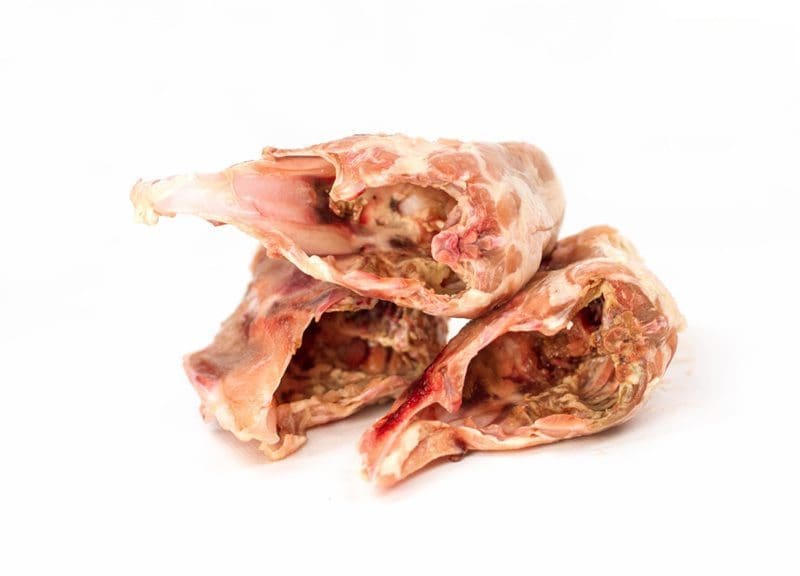

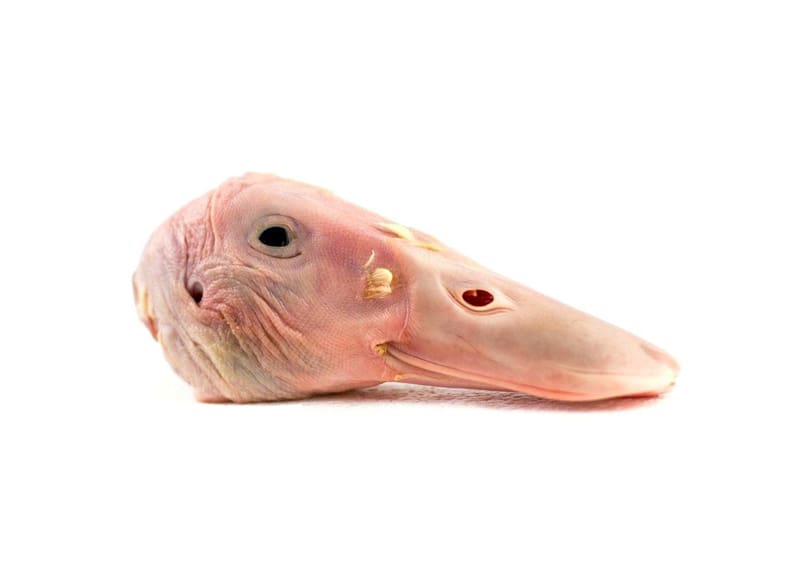
Secreting Organs: Liver & Secreting Organs
Liver, kidney, and spleen are the secreting organs that provide essential minerals in raw diet. Liver provides copper, kidney is high in selenium, and spleen is concentrated in iron.
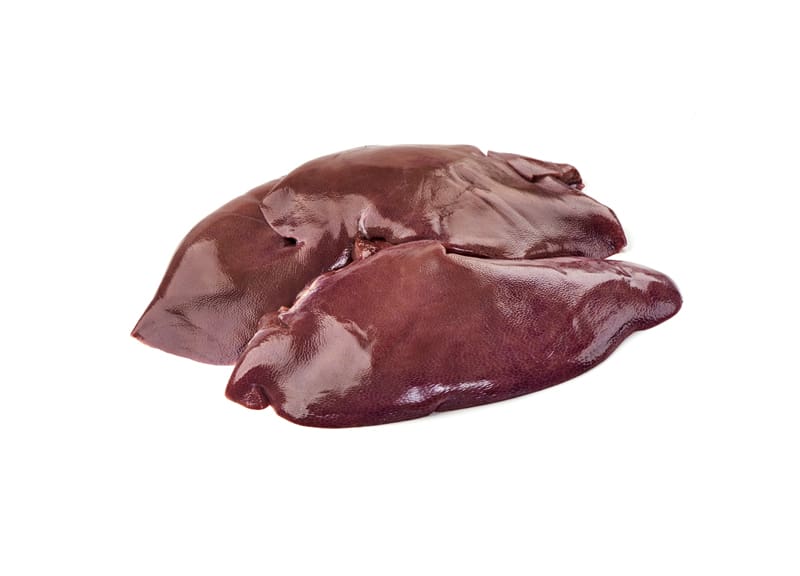

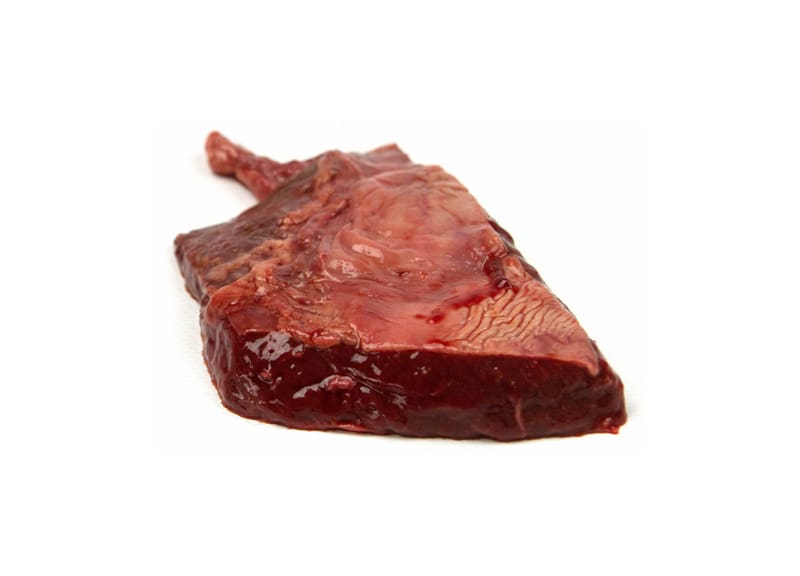
Shellfish
Oysters are the only food source that has high concentrations of zinc. Blue and black mussels provide high concentrations of manganese.


Green Tripe
The unbleached stomach lining of ruminant animals provides moderate concentrations of manganese.

Iodine
All home prepared diets require an iodine source or the diet will be deficient. The whole food option is seaweed and kelp is the most concentrated form.
CLOSING COMMENTS
A balance over time feeding routine is only suitable for adult dogs and cats. It should not be fed to developing puppies and kittens. Even a balanced over time feeding schedule requires careful planning to ensure that the diet provides all essential nutrients required for optimal health over the course of 7 days maximum.
1. Nutrients Required Daily
It is important to ensure the food consumed provides all amino acids, water soluble vitamins, and calories required within 24 hours.
2. Nutrients Balanced Over Time
Fat soluble vitamins, fatty acids, and minerals are nutrients that can be balanced over time in home prepared raw diets.
It is important to maintain a diet diary or schedule to ensure the balance over time is not lacking in any essential nutrients. If certain ingredients are not included in a balance over time diet, supplementation is required to ensure the nutrients are provided.

